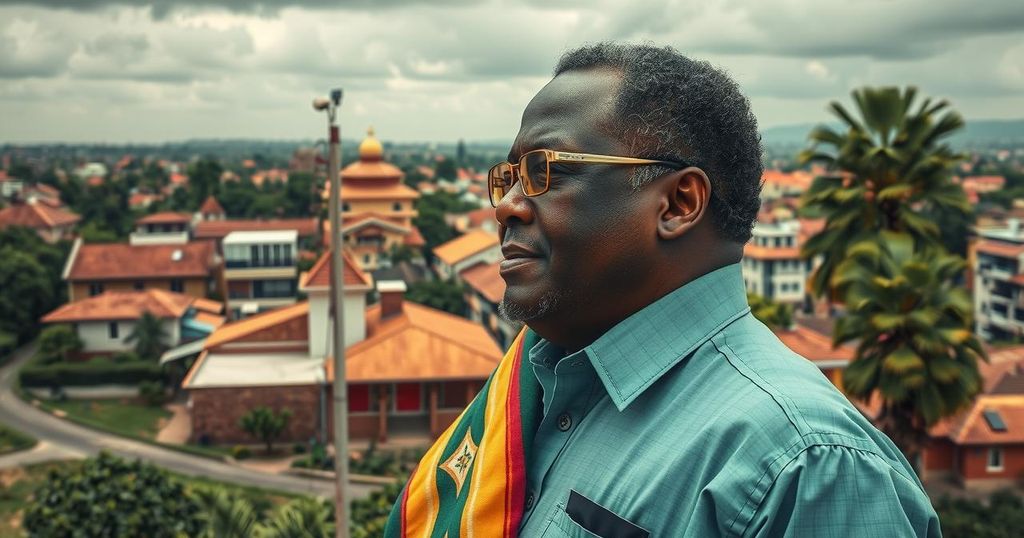World news
ADD, AFRICA, AK, AKUFO - ADDO, BAWUMIA, BOTSWANA, CONSTITUTIONAL REFORMS, CORRUPTION, DEMOCRATIC TRANSITION, DONALD TRUMP, ELECTIONS, GALAMSEY, GOVERNANCE, JOHN MAHAMA, MAHAMA, MAHAMAD, MAHAMADU BAWUMIA, MAURITIUS, NANA AKUFO - ADDO, NATIONAL DEMOCRATIC CONGRESS, NDC, NPP, OPPOSITION, SOUTH AFRICA
Daniel O'Connor
0 Comments
Ghana’s Re-Election of John Mahama Signals Voter Discontent and Political Shift
John Mahama has been re-elected as president of Ghana, defeating Vice-President Mahamadu Bawumia, amid growing anti-incumbent sentiments globally. The ruling New Patriotic Party has faced criticism over economic issues and corruption. Ghana’s case mirrors broader electoral trends in Africa, where opposition parties are gaining traction against long-standing ruling factions.
Ghana concluded a significant electoral cycle by re-electing John Mahama, a former president and candidate for the National Democratic Congress (NDC), during elections held on December 7. Mahama, who previously served as president and faced losses from the outgoing President Nana Akufo-Addo, led his party to a notable victory over current Vice-President Mahamadu Bawumia. This shift marks a critical moment for the New Patriotic Party (NPP), now facing scrutiny for its poor electoral performance after eight years in power.
The restoration of Mahama to the presidency coincides with a broader anti-incumbent sentiment seen across various nations, particularly in Africa, where opposition parties have recently secured control in places like Senegal, Mauritius, and Botswana. Conversely, long-standing parties in Namibia and South Africa have experienced diminished majorities, forcing coalition-building with former opposition factions. This trend underscores a growing demand for change among voters disillusioned by the performance of ruling parties.
The NPP’s defeat can be attributed to a variety of issues that resonated with the electorate, including rampant inflation, environmental concerns linked to unauthorized gold-mining activities, and a series of corruption scandals. These factors contributed to a perception of an elite political class that has become increasingly disconnected from the everyday struggles of citizens. Conversely, a lack of turnout among NPP supporters facilitated an early concession from Bawumia the day following the election, a significant departure from the historically close nature of Ghanaian presidential contests.
Ghana’s political landscape has historically been marked by a competitive democratic process, with elections often resulting in closely contested outcomes. In recent developments, the nation’s political scene reflects wider global patterns of electoral shifts, particularly against incumbent administrations. The significance of Mahama’s victory, amidst a backdrop of high voter discontent and political mobilization, illustrates not only local but also regional trends affecting governance in Africa. Furthermore, the dynamics of political party performance and public accountability are increasingly critical in shaping voter decisions.
In conclusion, Ghana’s recent elections reveal a pivotal moment in its political history, reflecting widespread citizen demand for accountability and change. As John Mahama resumes the presidency, the NPP must navigate its transition into the opposition, contending with the implications of its electoral loss. This development, alongside similar incidents across the continent, underscores a significant trend towards anti-incumbent sentiments among voters seeking improved governance and responsiveness from their leaders.
Original Source: www.worldpoliticsreview.com




Post Comment